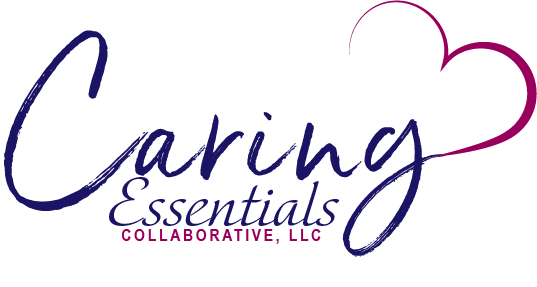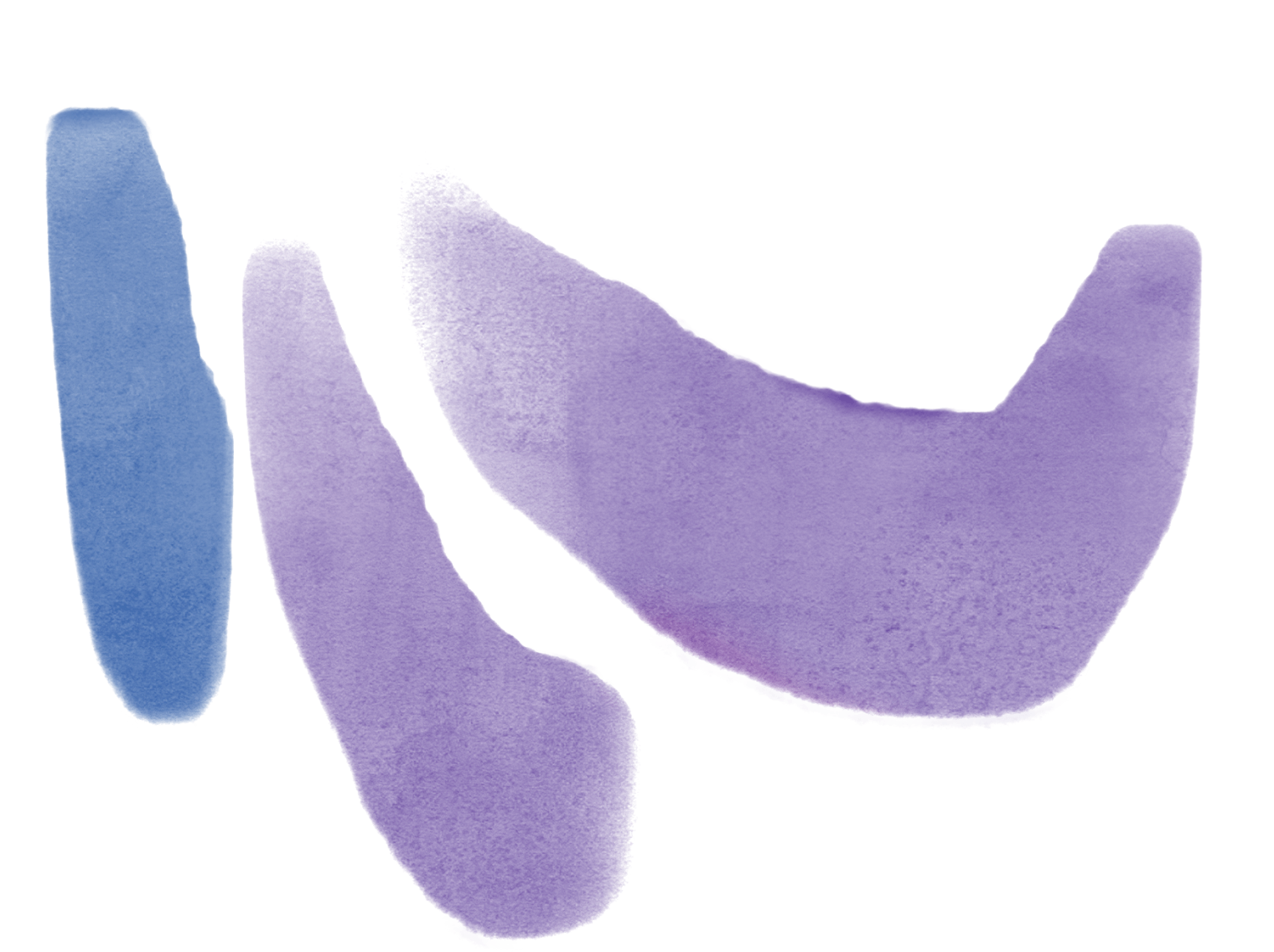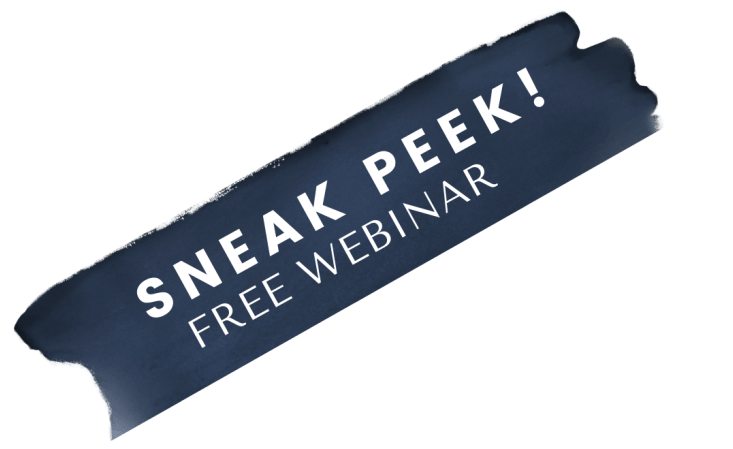Hey!
We are so excited you are here...
We're about inspiring, educating and empowering heart-centered professionals JUST LIKE YOU to step up and step out of line to transform the experience of healthcare for babies and families. Your gifts, your intentions and your presence touch lives and impact lifetimes. Each moment is an invitation to create a kinder, more connected and compassionate world and IT ALL BEGINS WITH YOU!
Join us to discover the transformative nature of trauma-informed care for yourself and those you serve.
Becoming Trauma Informed
CHOOSE THE OPTION THAT WORKS BEST FOR YOU...
GET A SNEAK PEEK
FREE!
LIVE WEBINAR
Understand what it REALLY means to be a Trauma Informed Professional and get your questions answered in a candid, heart-to-heart live session hosted by Caring Essentials Collaborative founder, Mary Coughlin.
ATTEND SURGE
$249 USD
MASTERCLASS
Dip your toe into the journey. Learn more about the local and global implications of trauma, how the healing power of connection matters more than you think, and what it takes to become a Trauma Informed Professional.
GET CERTIFIED
$249 USD
FULL PROGRAM
Dive right in - this just feels right! Learn more about the local and global implications of trauma, how the healing power of connection matters more than you think, and what it takes to become a Trauma Informed Professional.
FREE WEBINAR FOR YOU
Live Wednesday, June 16, 2021-1pm EDT
HOSTED BY MARY COUGHLIN, FOUNDER OF CARING ESSENTIALS COLLABORATIVE.
Understand what it REALLY means to be a
Trauma Informed Professional
The sneak peek gives you insight and sparks curiosity. What we offer is NOT more things to “do” but to create a space for you to uncover what your heart already deeply knows.
THIS FREE SESSION WILL HELP YOU TO:
- Feel empowered to care in ways that feel free, loving, and nurturing.
- Embody the self belief and courage to act in what you know in your heart of hearts is the right thing to do.
- Bring meaning back into your work and passion back into your heart.
- Make a
lasting
impact and join the revolution that is transforming healthcare.
At the end of the day, becoming trauma informed is rediscovering our own story to connect authentically and compassionately with the stories of others.
Get inspired
See what's possible for your future, feel empowered to make a difference, and learn immense benefits of bringing love to work every single day.
Take the next step
Learn how to sign-up to become a Trauma Informed Professional or dip another toe into the water at our next Open SURGE Masterclass
(continuing nursing education credit available).
I love the work I do, but...
"all of the other stuff" has stifled my ability to find joy in the work due to emotional and mental exhaustion. I find this course so renewing for my soul, energy and getting that "I can make a difference" feeling back. I want to take what I have learned and align it with that deeper potential/possibility and purpose. I truly want those aspects of my personality to link with the energy of my soul to get back to the authentic empowerment that I feel I have lost. I need to be still and ask those important questions. Self reflection is truly cathartic.
-Trauma Informed Professional Scholar
WEBINAR
Trauma Informed Professional Certificate Program Sneak Peeks
These 1-hour live virtual sessions will:
- Go behind the scenes and take a peek at the development of this unique certificate program
- Uncover the connection to the shared suffering of patients, families and professionals
- Inspire you to imagine what is possible for your future personally and professionally
- Invite you to take the next step to become a Trauma Informed Professional
Dates Coming Soon
Let's Dive In
-
Trauma Informed Professional Certificate Program
LEARN MOREA journey of self-discovery and growth
-
Get to know us....
LEARN MOREMeet the faculty
-
Matrix of Mastery
LEARN MOREA shared journey towards becoming trauma informed
The Collaborative
Meet our partner organizations. Get in touch to explore opportunities to partner with us.
Recent Posts



I WANT TO BE A
Trauma Informed
PROFESSIONAL
CHOOSE THE OPTION THAT WORKS BEST FOR YOU
One-time payment of
$1498
Five monthly payments of
$319.60




























